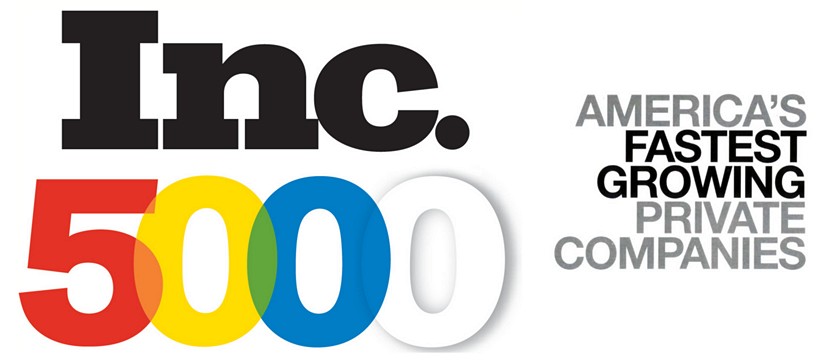Like many other industries, the airline industry has suffered over the past decade as the economy dipped and experienced a lackluster recovery. That struggle extended to private jet charter companies, but recent expansions in the niche industry may signal a recovery for private jet services.

Growing Economies Need Efficient Transportation
Cities and states where business is booming are a great location for private charter expansions. Growing economies mean new businesses, expanding companies and more jobs. All those business folks have to get from place to place to give sales pitches, hold board meetings or conduct training. Private charters can offer affordable, efficient travel at a time when commercial airline ticket prices are increasing and flights run by the biggest airlines aren’t always reliable.
Why A Private Jet Charter for Business?
Private jet charters are expensive. Rates can range from $3,000 to $11,000 an hour for flights, but the services may still make sense for businesses. The cost of premium rates for flight time is alleviated by the benefits of efficiency and control. When business travelers opt for commercial flights, they could spend an entire extra working day traveling, which represents a loss in labor costs and possible delay on important projects. Add the costs expense of food, lodging and communication when traveling, and a one-day business trip can cost thousands. A single charter, which takes an hour or two both ways, can transport an entire team of 7 to 12 professionals for a premium price however mitigating and without requiring overnight stays.













